‘It’s industrial vandalism’: Inside the steel town facing its biggest ever challenge after Tata announcement
With the announced loss of thousands of jobs from Port Talbot’s steelworks plant, traders and residents are worried for the future of the town
Deep inside the last standing social club on the Sandfields estate in Port Talbot is a single-leveled bar with two pool tables and glass displays filled with sports trophies.
It’s 1pm and, in one corner of the Seaside Social and Labour Club, several middle-aged men sip from pints while heatedly discussing the one topic in town — the future of Tata’s steelworks plant.
The dreaded announcement about the site’s two steel-making blast furnaces by the company’s Indian owners thousands of miles away was anticipated, but the men are still shocked and angered by the news.
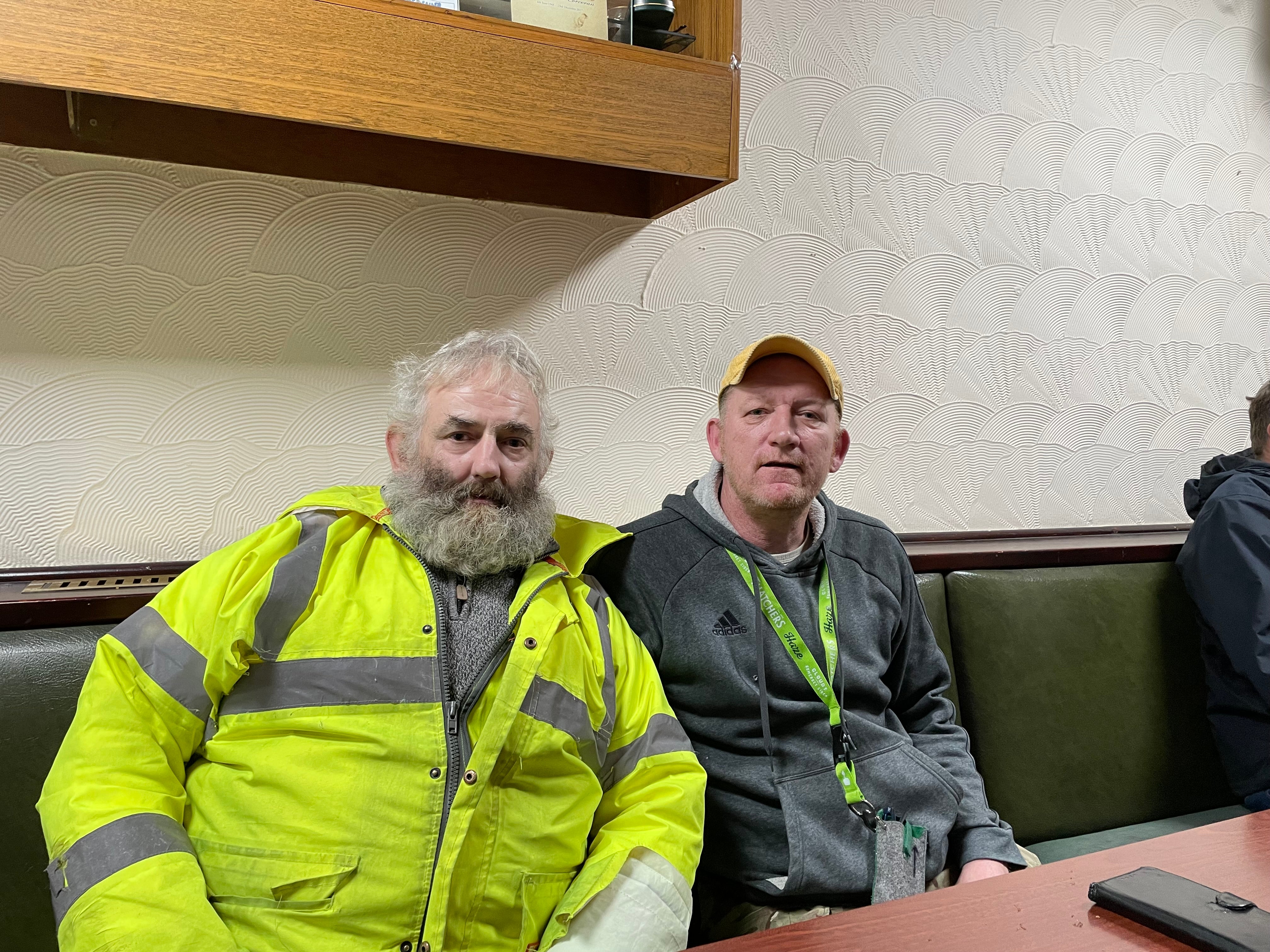
“It’s industrial vandalism - nothing else,” says Anthony English, 57, who is on sick leave from spraying steel casts for so-called virgin steel at the UK’s largest steelworks plant.
“They [Tata] have been waiting to do this for years. They don’t care about our community or the environment. This is all about money.”
He added: “We’ve all given so much to that plant, and now we’re being tossed to the scrapheap.”
The housing estate was built between 1947 and 1954 to provide homes for workers at the plant, first run by the Steel Company of Wales before nationalisation in 1967.


The run-down estate is now one of the most deprived in the UK with high unemployment rates triggered on by a dwindling workforce at the steelworks over the decades.
Today, there are around 4,000 workers employed there and everyone in the area seems to knows someone – friend or family member – who works at the plant.
So news that 2,800 plant workers will lose their jobs – 2,500 over the next 18 months – is devastating for those who live here.
Tata say the plant is losing £1 million a day, and with government-backed plans for electric arc furnaces using scrap steel at the site, bosses have decided that now is the time to close its two blast furnaces.
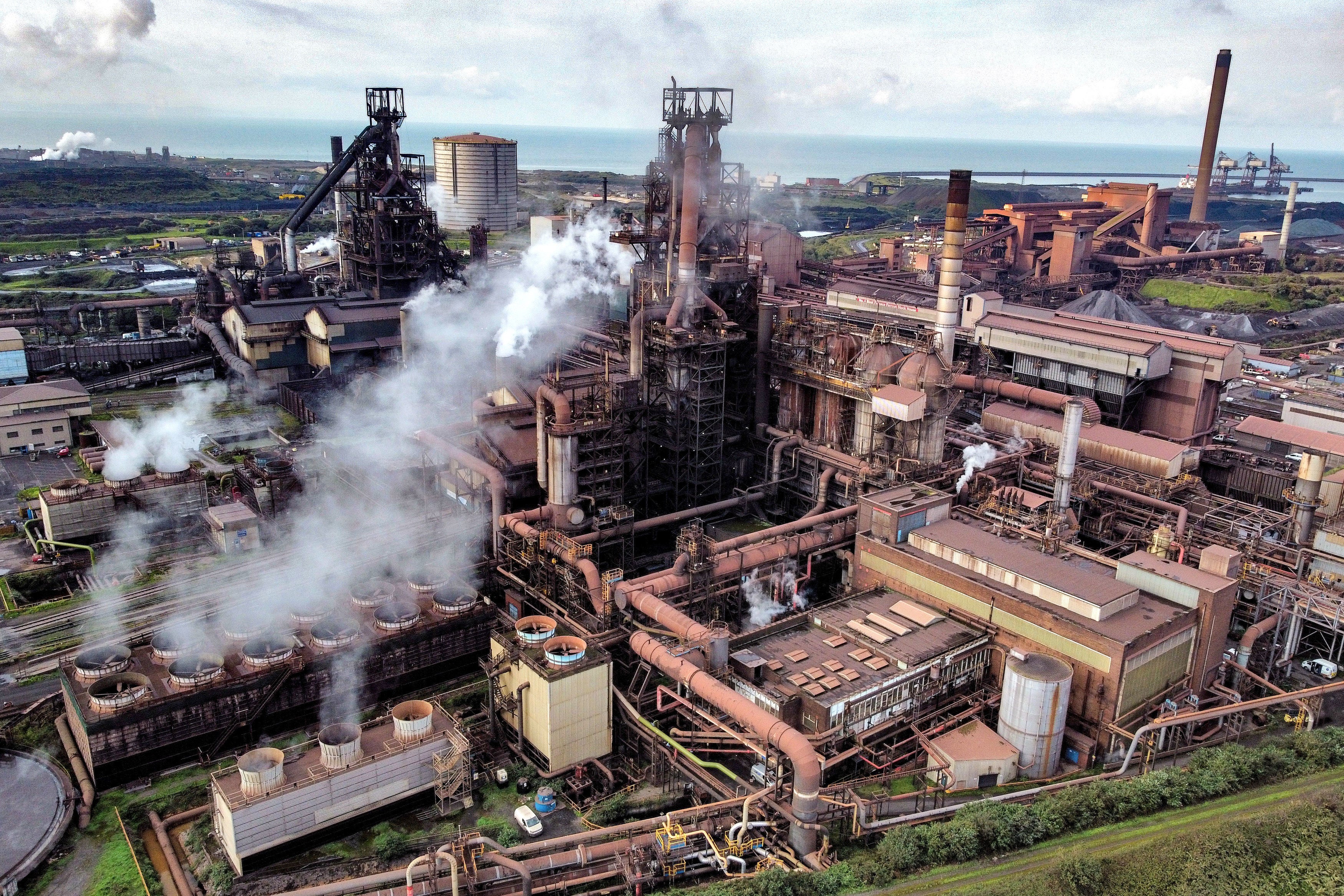
Back at the social club – the last surviving of three which opened in area in the 1960s – Gary English says he worked at one of the blast furnaces for nine years.
“The environment issue is a smoke screen,” the 49-year-old claims. “They couldn’t wait to make this announcement and they’re not giving people the time to find new work. No mistake, 18 months is nothing.
“Port Talbot is already a ghost town and it’s just going to get even worse.”
Round the corner at The Red Dragon pub, Tata employee Alan Evans found out about the announcement while watching the news on the television.
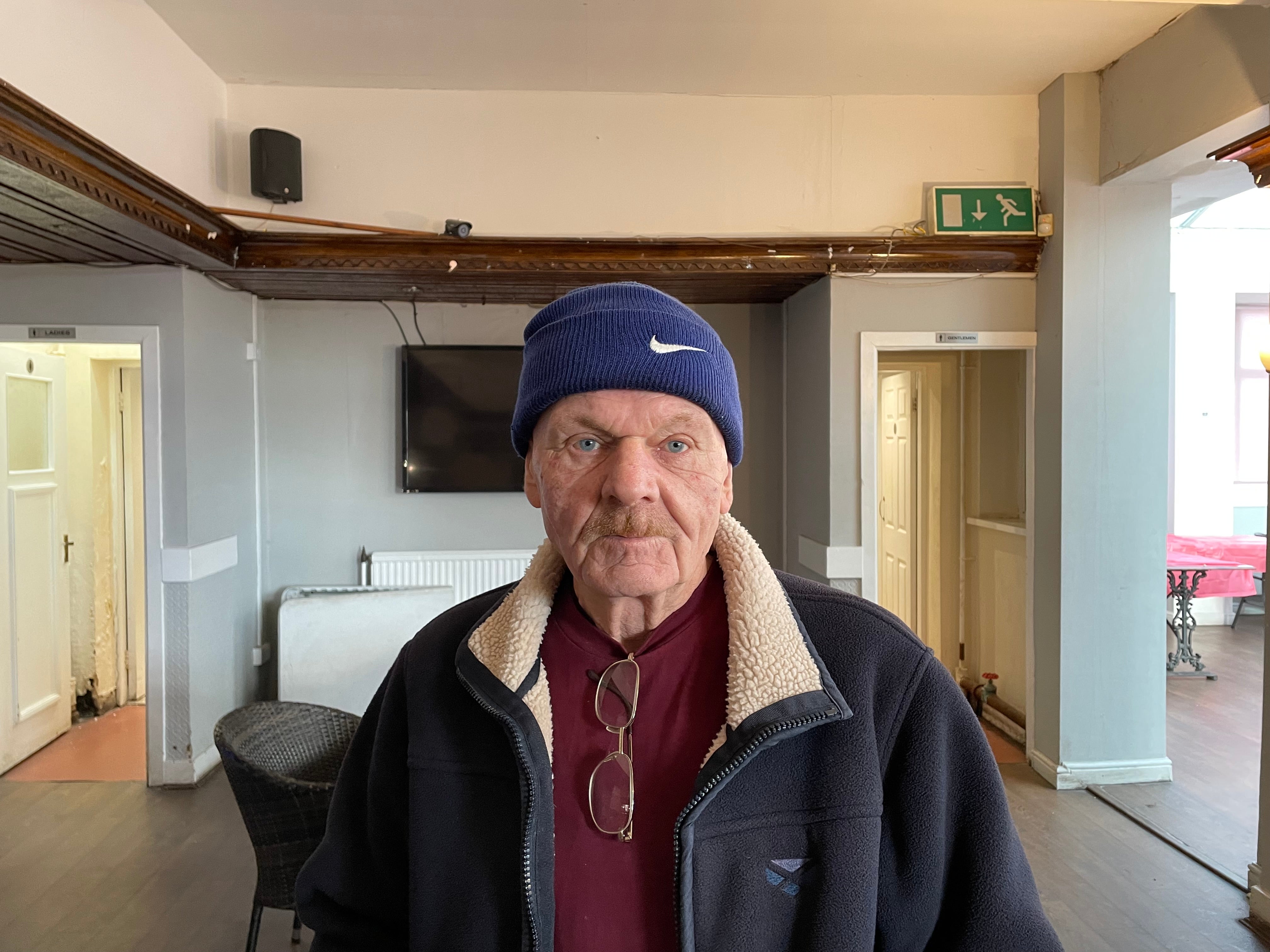
The 67-year-old crane driver plans to retire next year, but he’s worried for his younger colleagues, and the town.
He said: “The steelworks have always carried the town – what happens now? People will leave and the town will suffer, I just don’t see a future for it.”
Despite its economic struggles, the town – whose towering steelworks dominate the skyline – keeps its appeal.
It’s nestled between the rocky hills of south Wales and the charcoal blue of Swansea bay. In the town, there’s the charming Talbot Memorial Park with an arched stone entrance off the main road.
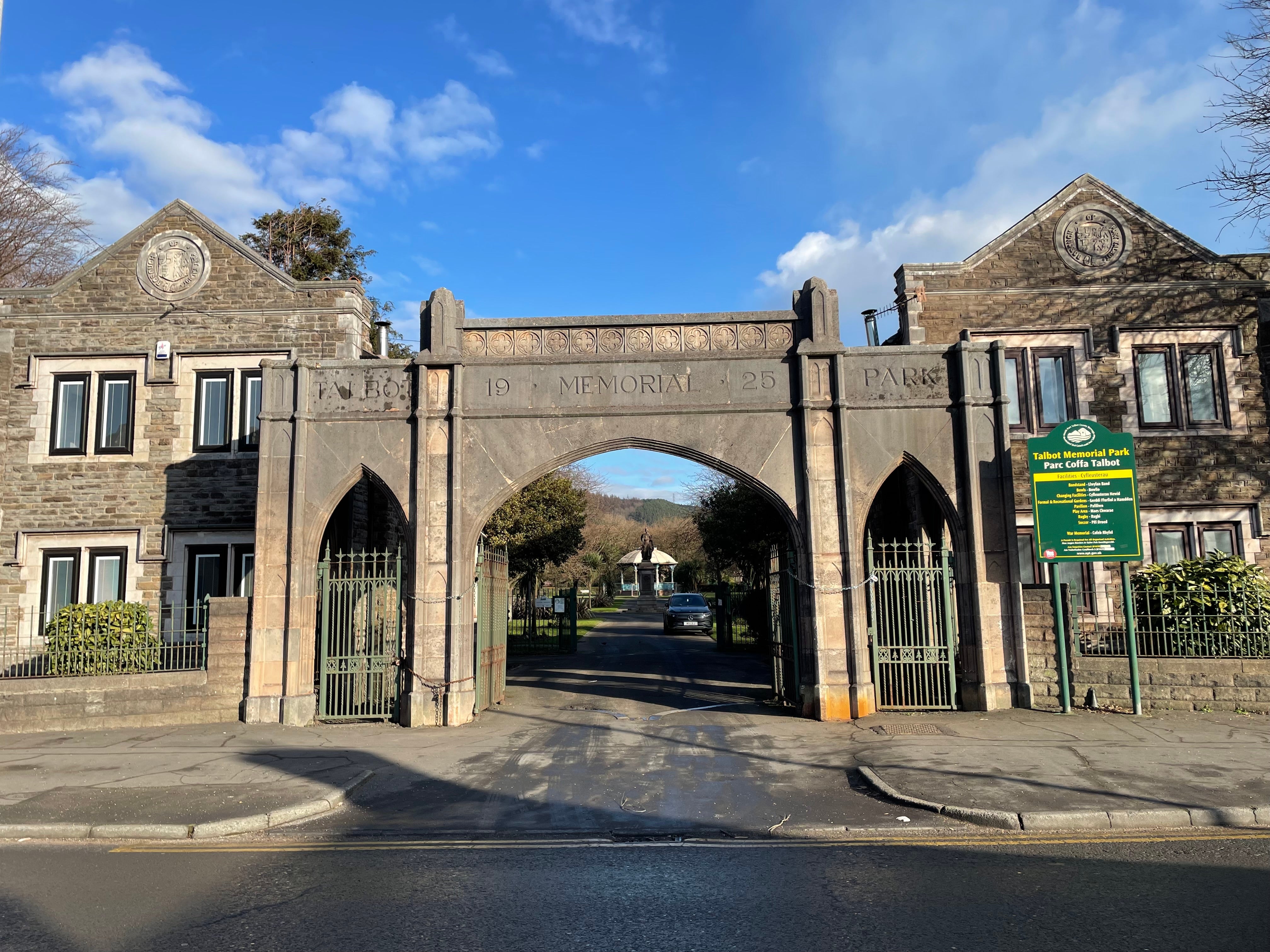
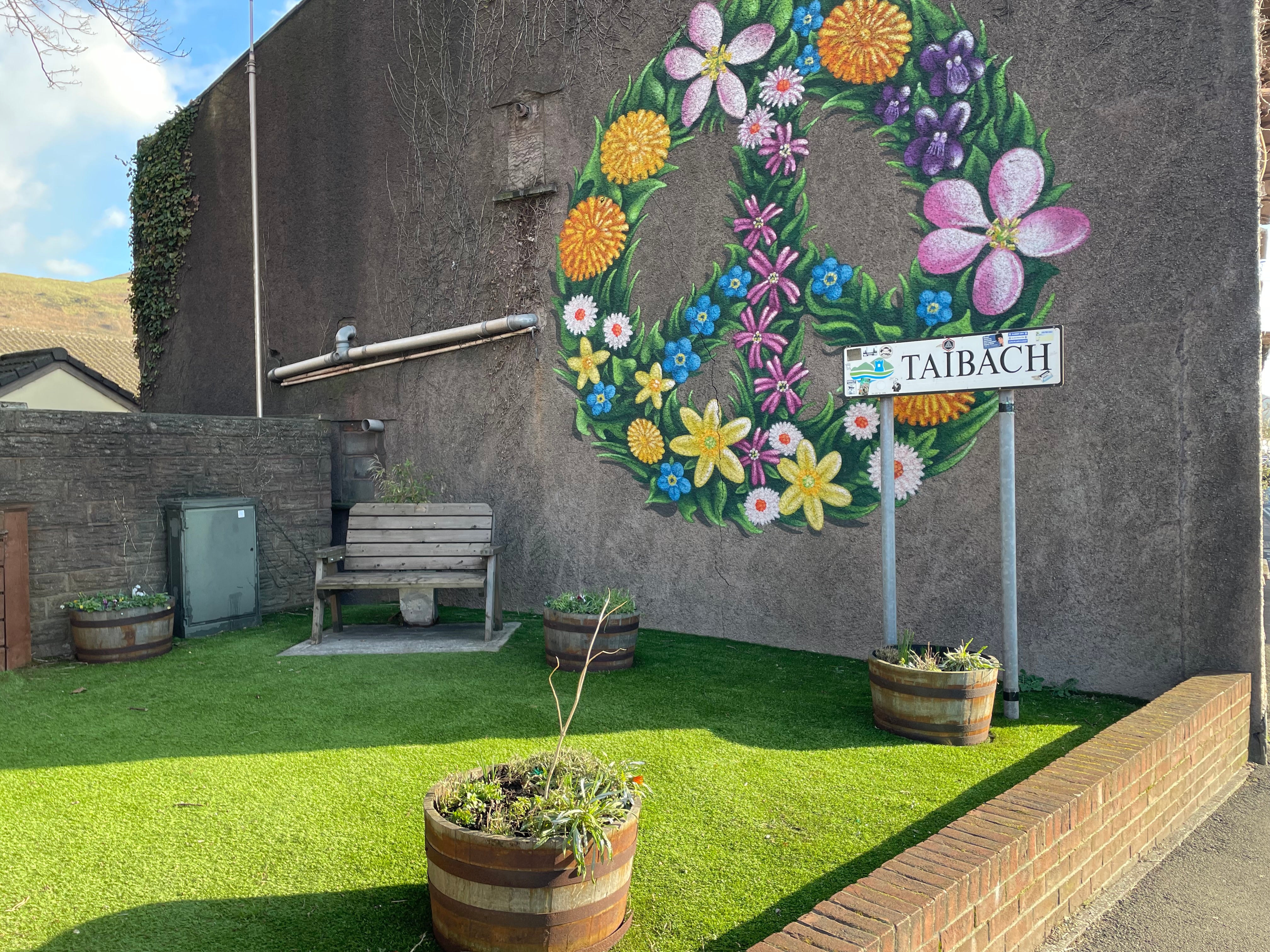
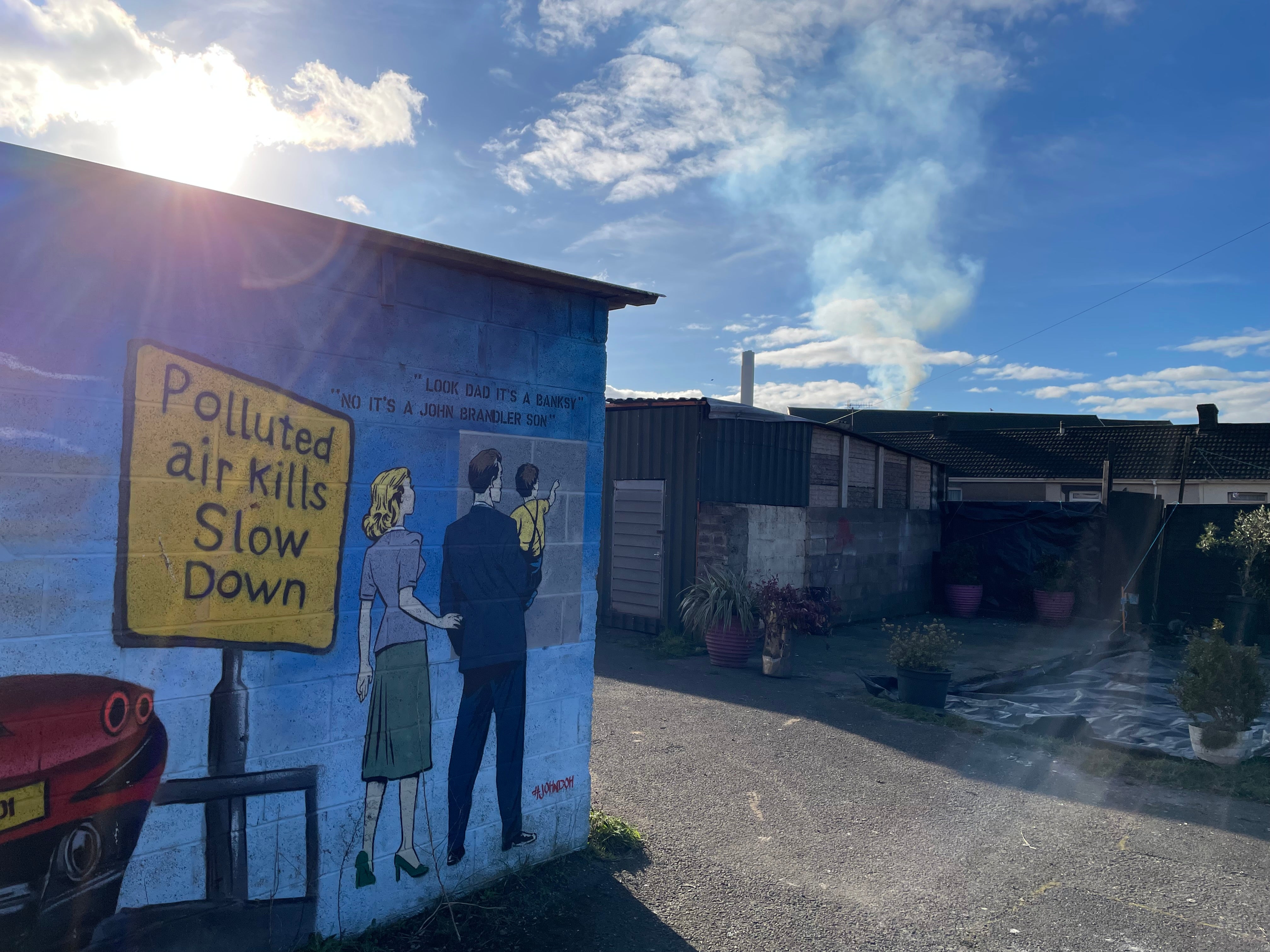
The working class community is friendly, and you can’t go far without passing an open social club, church-turned-community space or cafe.
There‘s also an emerging street art scene, triggered by a Banksy piece appearing in the Taibach neighbourhood, closest to the steelworks, during the Covid pandemic (unfortunately, the Banksy mural was pulled down and moved to England, much to locals’ annoyance).
But there are signs of deterioation. The roads are in a poor condition, shops fronts are boarded up and people openly complain about a lack of local jobs.
Tony Evans runs ABC Tyres in Taibach and says he has already seen a slump in business ahead of Friday’s announcement. “We used to get the boys [Tata employees] come over with punctures, worn-out tyres, but over the past few months we’ve lost alot of them,” he said.
“People are scared and don’t want to spend money.”
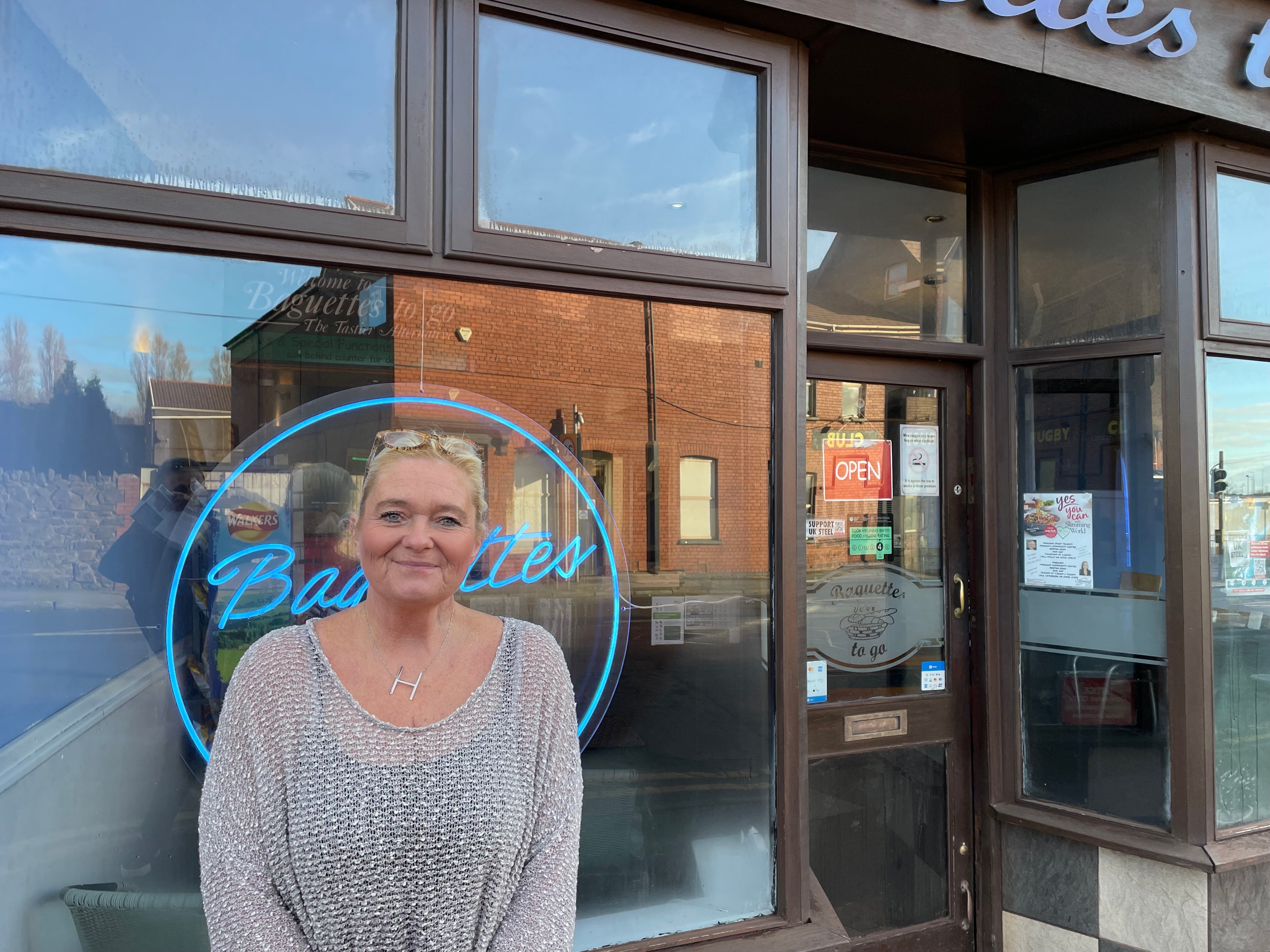
Helen Thomas owns Baguettes To Go, also in Taibach, and estimates 40 per cent of trade is from Tata employees and contractors coming for lunch.
She compared the town’s fortunes to Merthyr Tydfil, where the town’s last opencast coal mine shut last year.
“We could become another valley ghost town,” she said.
At the family-owned Ron Evans Pies Ltd shop, selling homemade pasties made on site for £1.50, manager Chris Howells is already planning for the fall in shop customers.
He also says 40 per cent of his shop trade comes from the steelworks plant. “Someone comes in and buys a box of pies to take back every day,” he said.
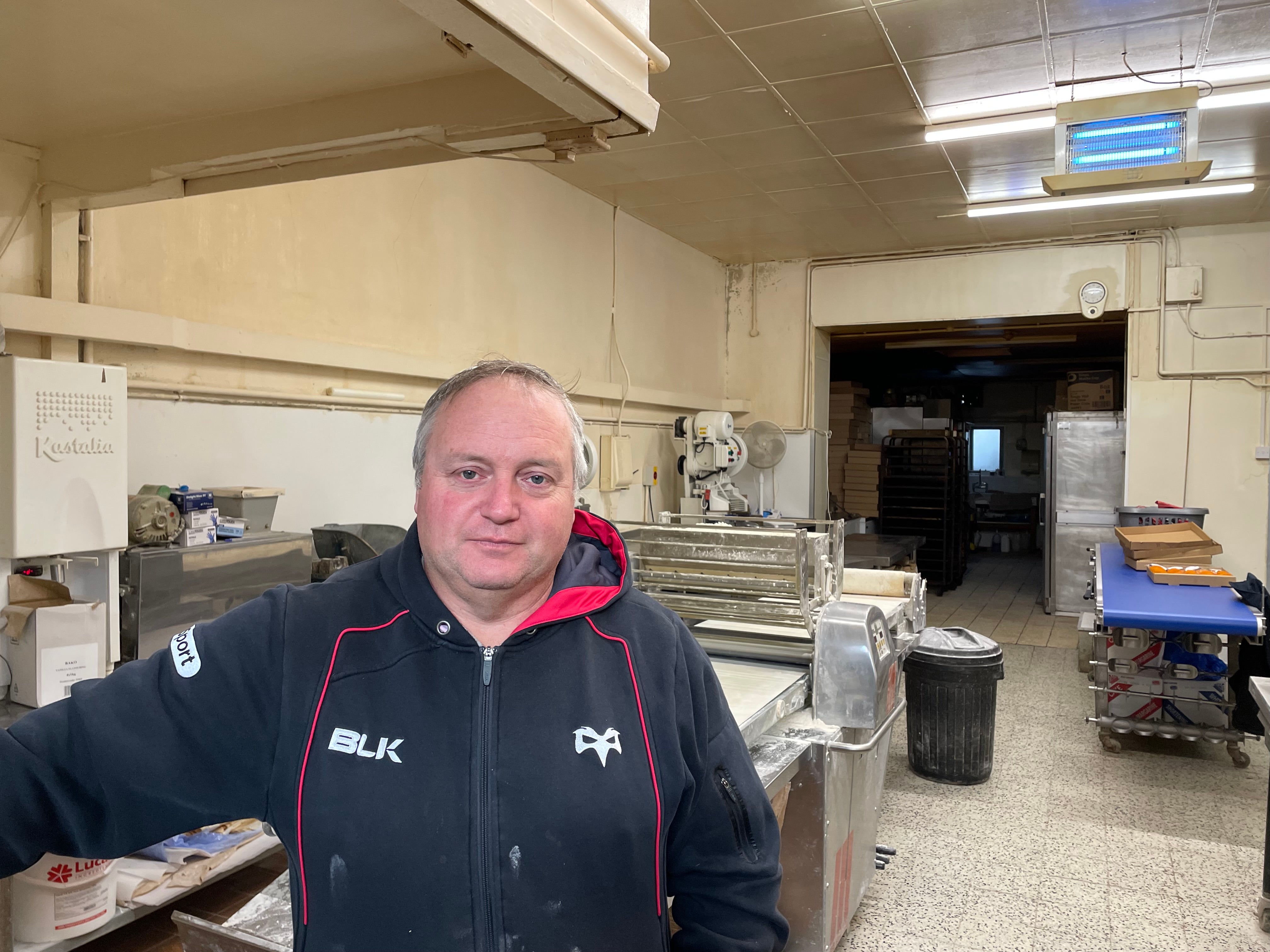
Mr Howells is now looking to expand deliveries to make up for the drop in local sales.
He said: “They’ve been making cuts for a while, but this is the big one. You can’t underestimate the impact it’ll have here as the skilled workforce will move away for jobs.”
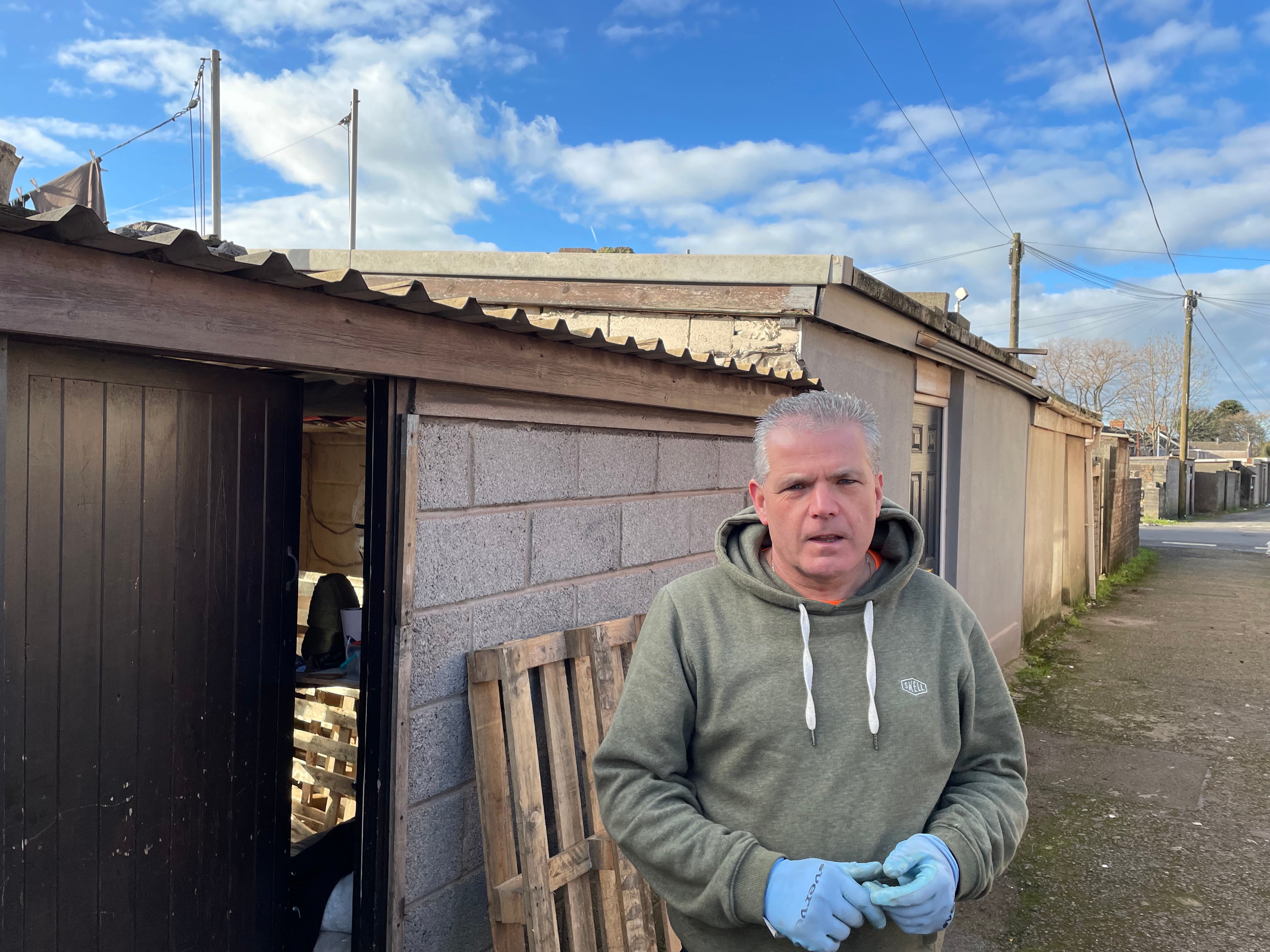
But, there is one benefit to the situation, as pointed out by resident Darren Purcell. The 56-year-old, although opposed to the job losses at the plant, says it reduce dust emitted from the site.
Pointing out a thin layer on his conservatory roof, he said: “It’s one small thing, and there is a hope that people working at the site can find new work - but, of course, that takes time and there’s no guarantee.
“This is a difficult day for Port Talbot.”
Tata said in a statement: “Tata Steel today announced it will commence statutory consultation as part of its plan to transform and restructure its UK business.
“This plan is intended to reverse more than a decade of losses and transition from the legacy blast furnaces to a more sustainable, green steel business.
“The transformation would secure most of Tata Steel UK’s existing product capability and maintain the country’s self-sufficiency in steelmaking, while also reducing Tata Steel UK’s CO2 emissions by 5 million tonnes per year and overall UK country emissions by about 1.5 per cent.”
Join our commenting forum
Join thought-provoking conversations, follow other Independent readers and see their replies
Comments
Bookmark popover
Removed from bookmarks